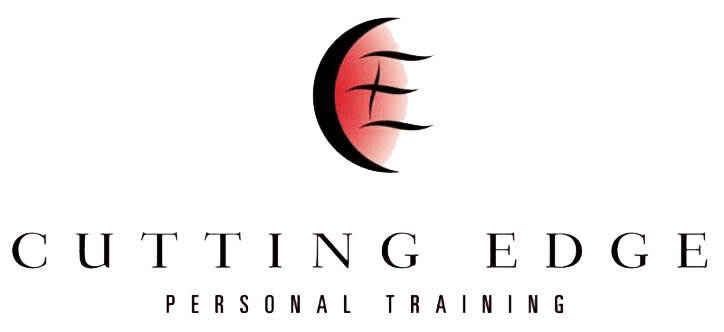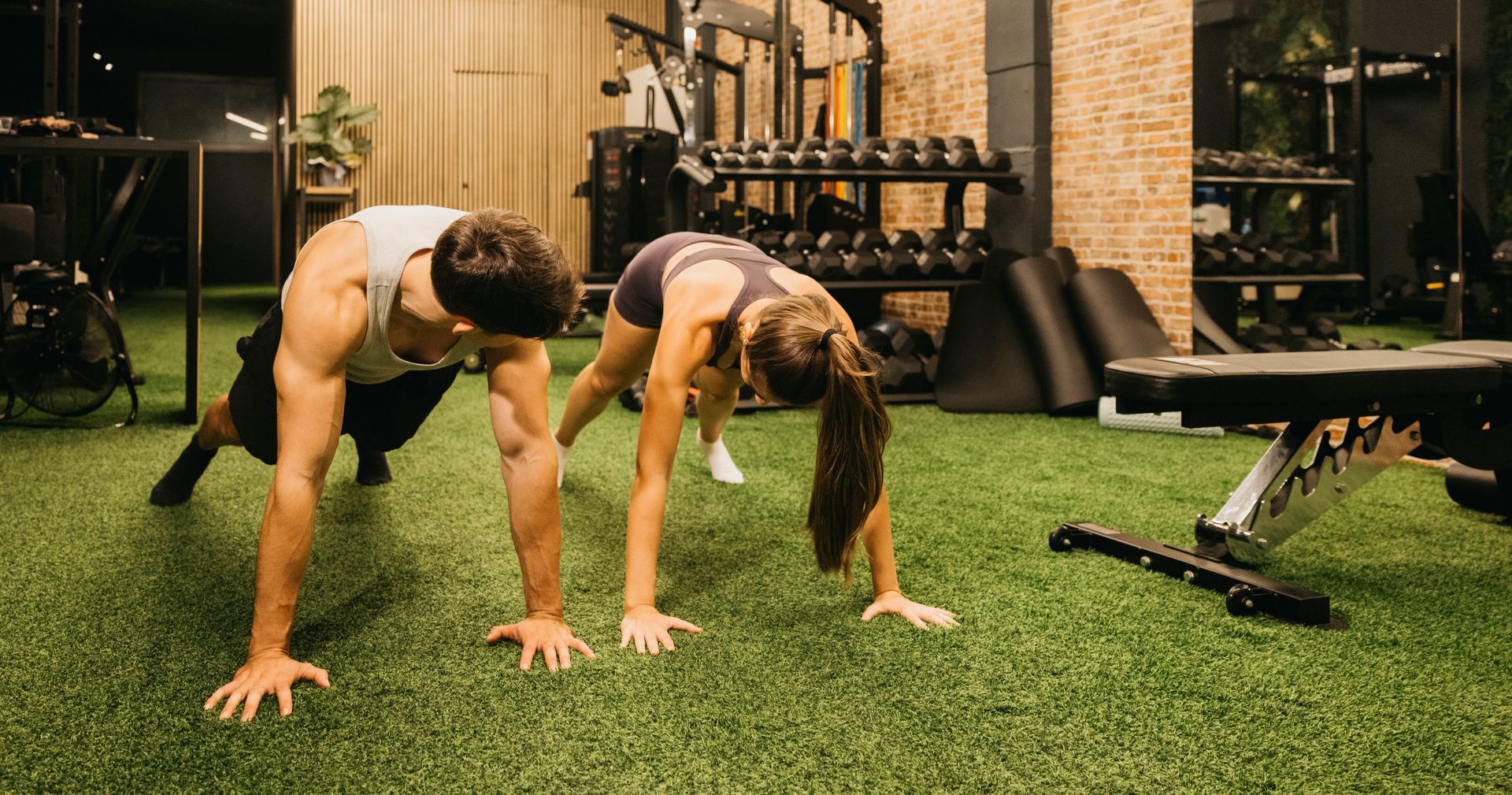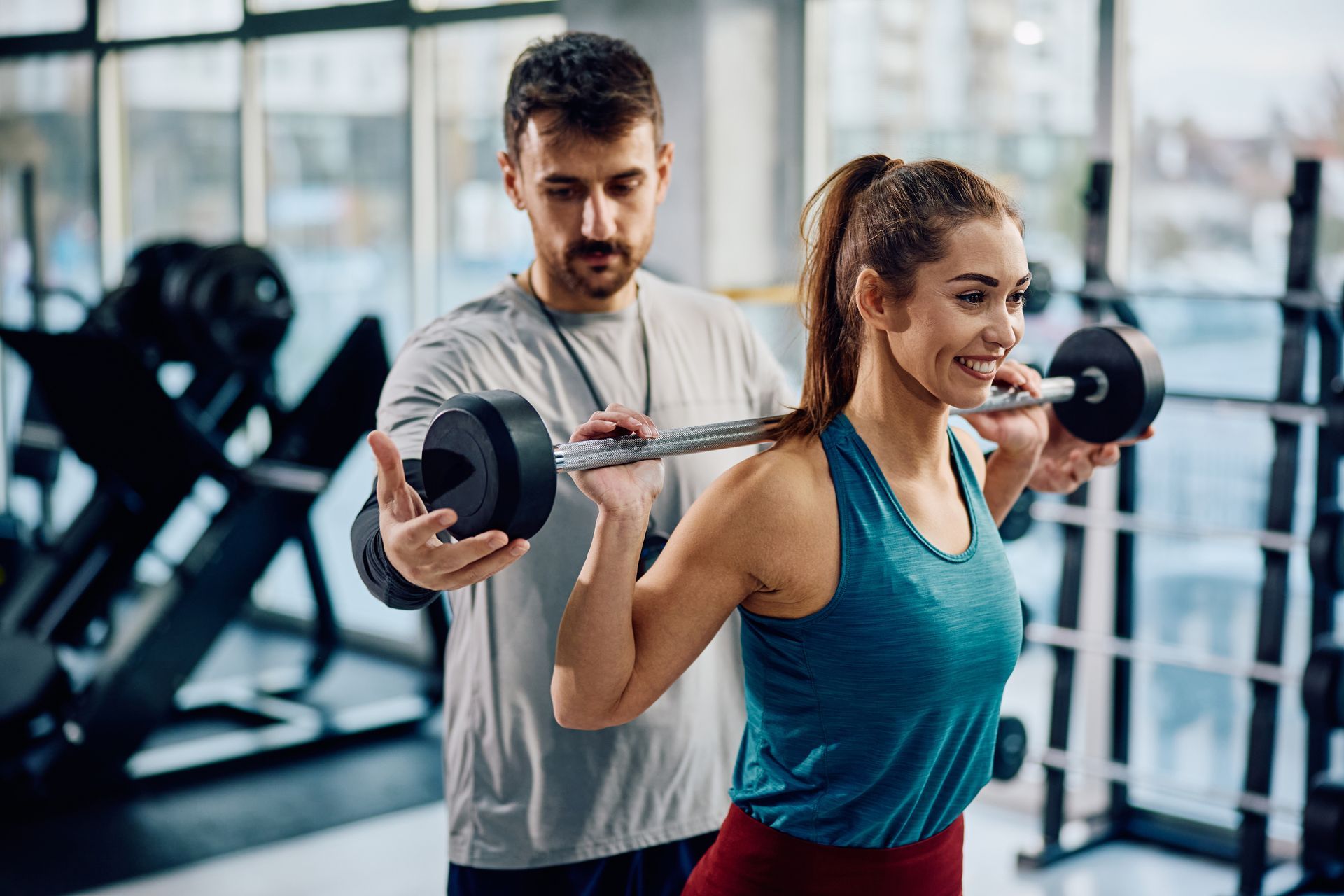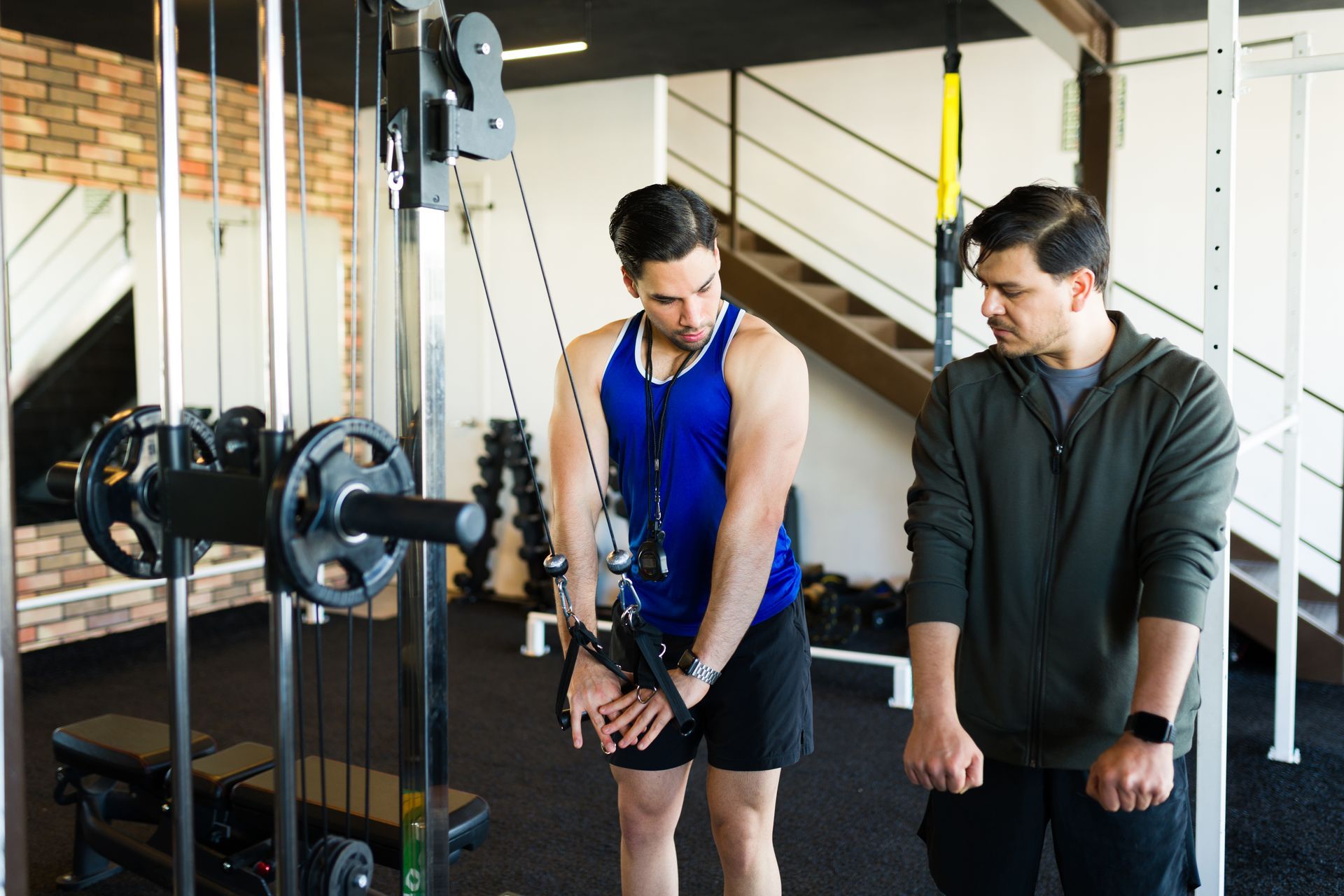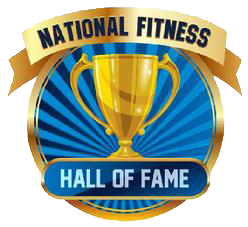June 10, 2022
Can CBD Improve Your Performance in The Gym?
With the popularity of CBD on the rise, you might be itching to try it.
Although it's true that nothing beats a healthy diet and quality sleep, CBD may have some benefits that you'll find interesting.
Before trying, an important thing to consider is seeing how CBD may affect your workout, especially if you're an athlete or an avid gym-goer.
What Is CBD?
CBD is one of the chemicals found in Cannabis, along with the more-famous THC. While THC has psychoactive properties, CBD doesn't have them at all. Some forms of CBD oil might contain a bit of THC, but most supplements are made from industrial hemp, which has a really low percentage of THC.
It comes in many forms: from pills and capsules, oils and edibles, to creams and vape pens.
You should probably be aware of the fact that the CBD industry is mostly unregulated, meaning that the dosages on the label might not be correct. Your best bet is to find a reputable manufacturer and stick with them if everything is fine.
It’s reported that CBD helps with anxiety, ADHD, schizophrenia, PTSD, and sleep problems.
CBD As a Pre-Workout
Taking CBD before a workout is probably a really bad idea, and here’s why.
While certain blogs may tell you that it lowers blood pressure and how that’s a benefit, it’s bad to lower your blood pressure during a training session.
To get any benefits from working out, we must stress our bodies. Our blood pressure going up is a natural process that helps us pump blood to our muscles faster. So just like breathing heavily during a workout session is expected, increasing your blood pressure is too.
If you’re suffering from hypertension, exercising can potentially help lower it, but getting a personal trainer and consulting your doctor is the best thing you can do.
CBD For Recovery & Post-Workout
Using CBD to recover from a hard workout session can actually be great for some people.
According to Kimberly A. Babson and colleagues, preliminary research shows that CBD supplements might help with insomnia, excessive daytime sleepiness, and even REM sleep behavior disorder.
All of this means that CBD may improve the quality of your sleep, which is a fantastic thing if we consider how big of a role sleep plays in making gains.
Along with nutrition, getting quality sleep is most important when it comes to recovering from a workout. The body rebuilds itself the most during sleep. Therefore, it’s obvious that a sleep disorder will affect the quality of your workouts and impact the quality of your whole life.
CBD supplements also have an anti-inflammatory effect on your body. You can use it to treat joint and muscle pain, the best forms of CBD for such a task being topicals and tinctures.
This might be useful for athletes who aren't looking to gain muscle mass, but it's not ideal for the regular gym-goer.
If we aren't talking about an injury, inflammation is a normal and healthy response to training. Since we basically damage our muscles and connective tissues during the workout, our body calls for inflammation to start the healing process. The inflammatory process increases the blood flow to the affected muscles and joints and therefore clears out the waste from our muscles and fuels them with more energy.
Although a vital process in building muscle, it’s a great idea to reduce inflammation if you’re an athlete. Most athletes don’t want to gain too much muscle (bodybuilding-like size) because it may have the potential of slowing them down.
Using a natural anti-inflammatory supplement like CBD, you can reduce the damage done to your muscles and head into your next sports competition or training more recovered.
Conclusion
A lot more research needs to be done for us to fully grasp the effect of CBD on our training. While this is true, our knowledge of exercise physiology can give us insights into how this type of supplementation may affect us.
The World Anti-Doping Agency removed CBD from its banned substance list, so we are seeing many athletes start to use it instead of artificial anti-inflammatory drugs or other recovery aids.
Its anti-inflammatory properties aren't ideal for someone doing bodybuilding, but if you're training for strength or explosiveness, it can be another tool used for recovery.
CBD might help if you're suffering from sleep or anxiety problems, ADHD, and everything else mentioned in this article.
As mentioned before, it's important to note that the CBD supplementation industry isn't regulated. Along with dosage mislabeling, other cannabinoids might be present in the supplements, even though the label doesn't say so.
This can be a huge problem for athletes competing in tested federations.
